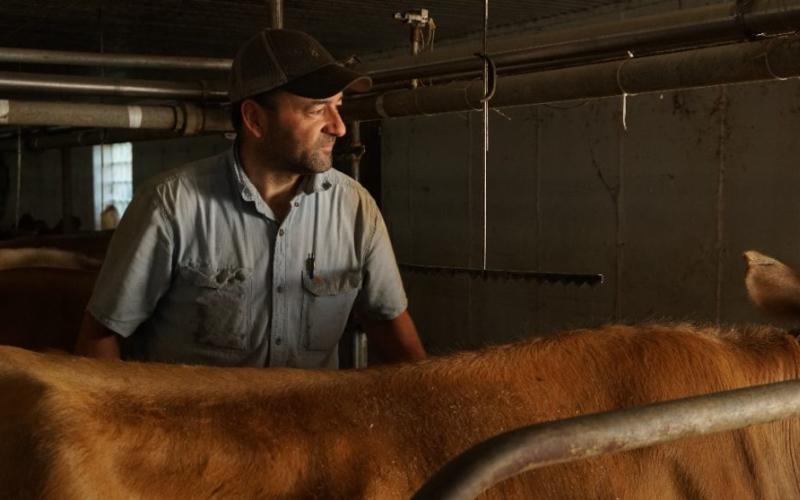Wisconsin Dairy Industry Faces Challenges from Tariffs and Immigration Raids

The dairy industry in Wisconsin is currently grappling with a multitude of challenges stemming from federal policies. The imposition of tariffs by the Trump administration has disrupted soybean markets, leaving farmers with surplus crops and reduced demand. This has led to a drop in commodity prices, exacerbating financial difficulties for those in the agricultural sector.
Additionally, the state's dairy farms are heavily reliant on undocumented immigrant labor, which constitutes between 60% to 90% of the workforce. Recent ICE raids in key areas such as Manitowoc have targeted these workers, creating uncertainty and labor shortages. Farmers have expressed concerns over mixed signals from the administration, with some officials recognizing the importance of immigrant labor while others push for stricter immigration enforcement.
The economic strain is compounded by the lack of clear governmental strategies to support smaller, local food economies. While the Trump administration has proposed bailout payments funded by tariff revenues, many in the farming community, including Darin Von Ruden of the Wisconsin Farmers Union, have rejected these measures. They argue that financial relief should come from market improvements rather than temporary government aid.
Moreover, the long-term impact of these policies poses a threat to the structural stability of Wisconsin's agriculture. Rebuilding trade relations with countries like China, which have been affected by the tariffs, is expected to take years. The combination of market instability and workforce challenges continues to place significant pressure on rural communities in Wisconsin.










